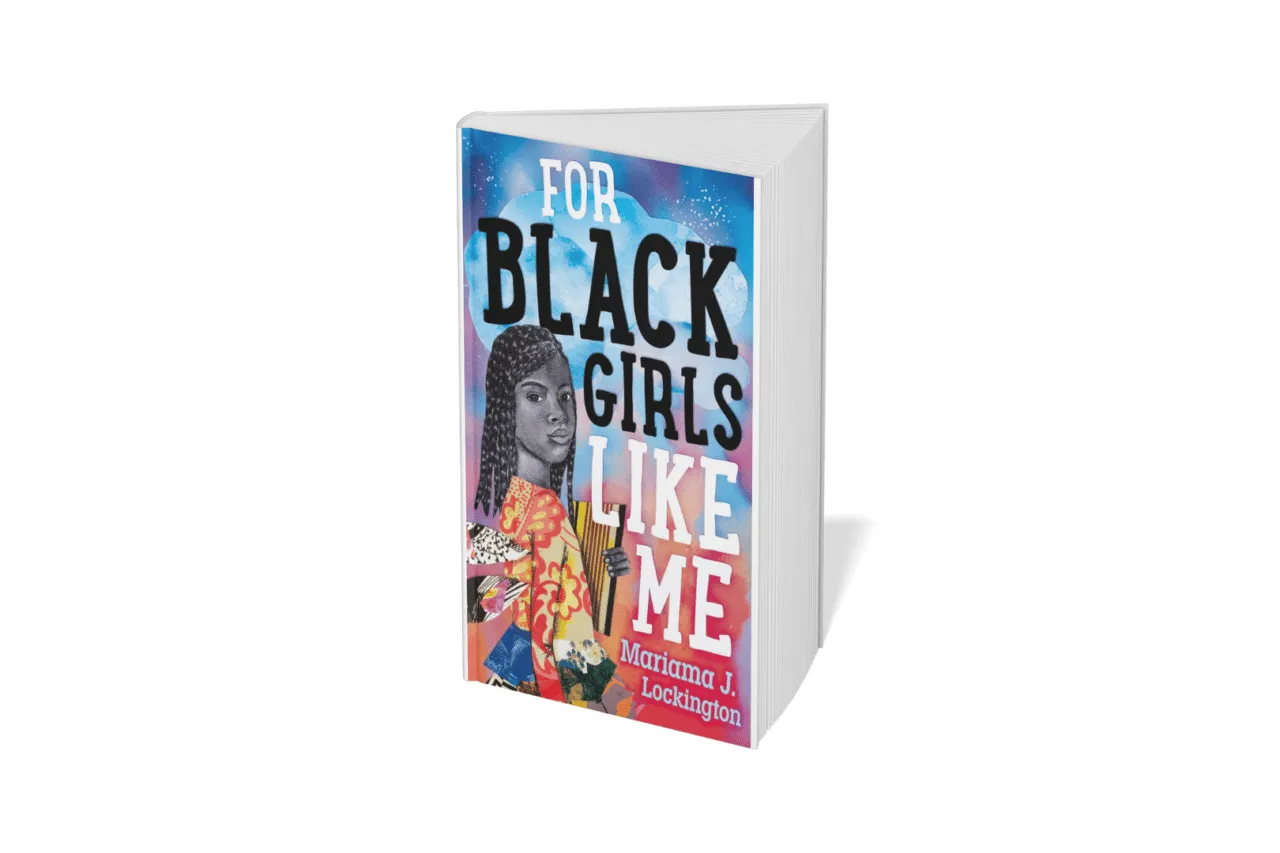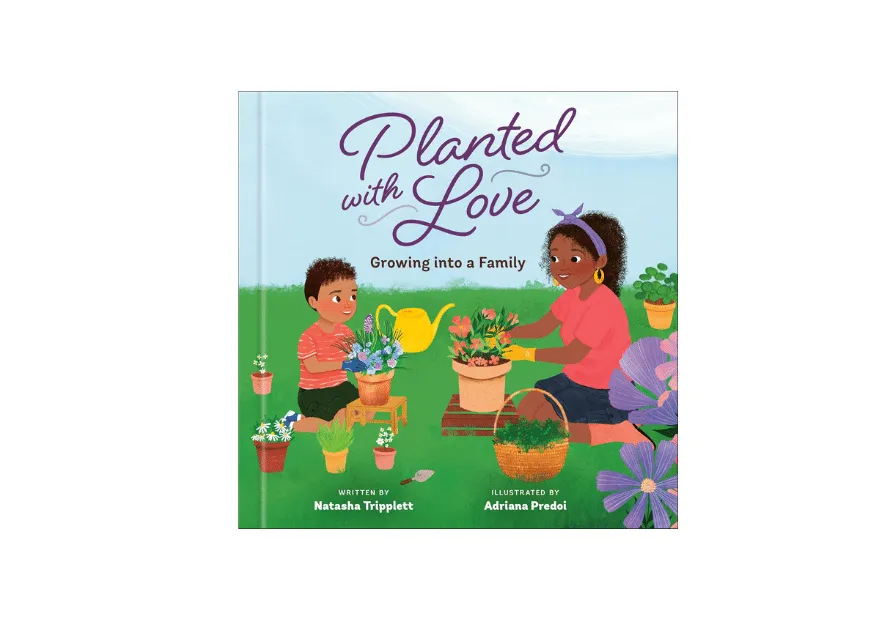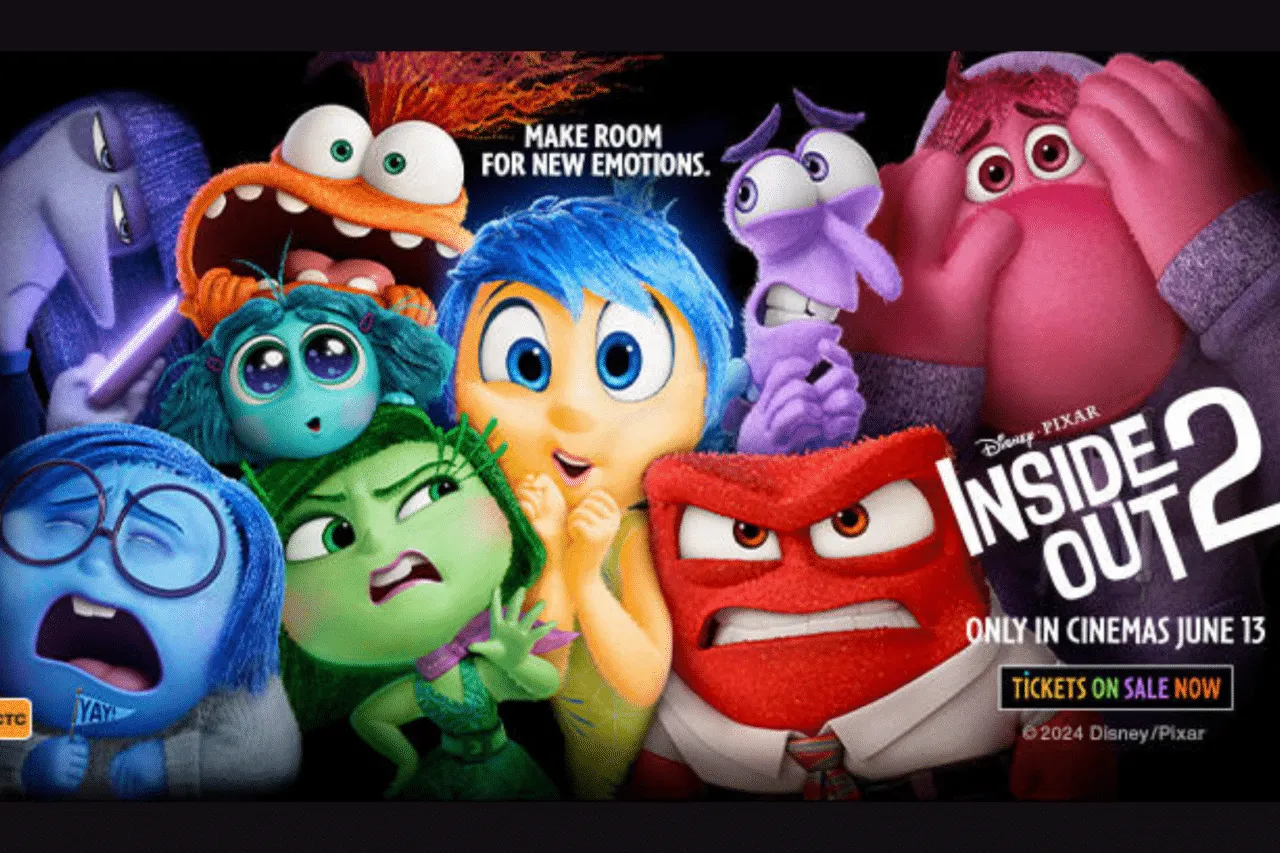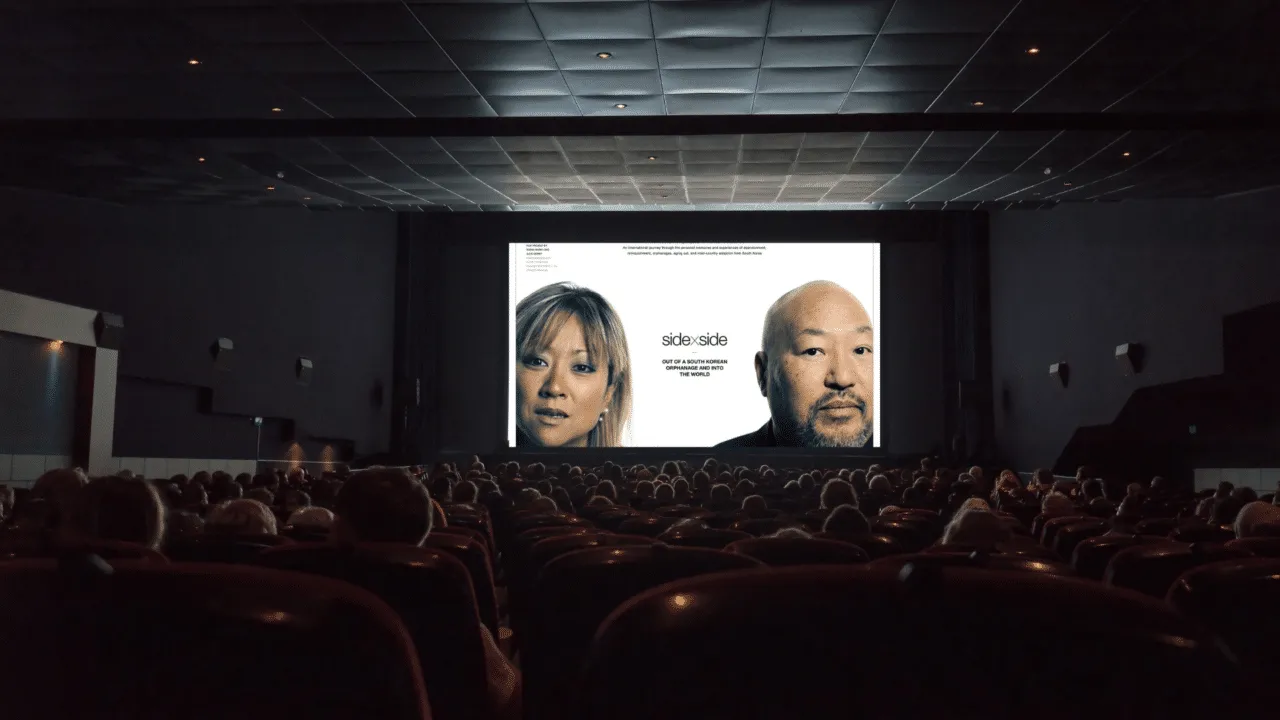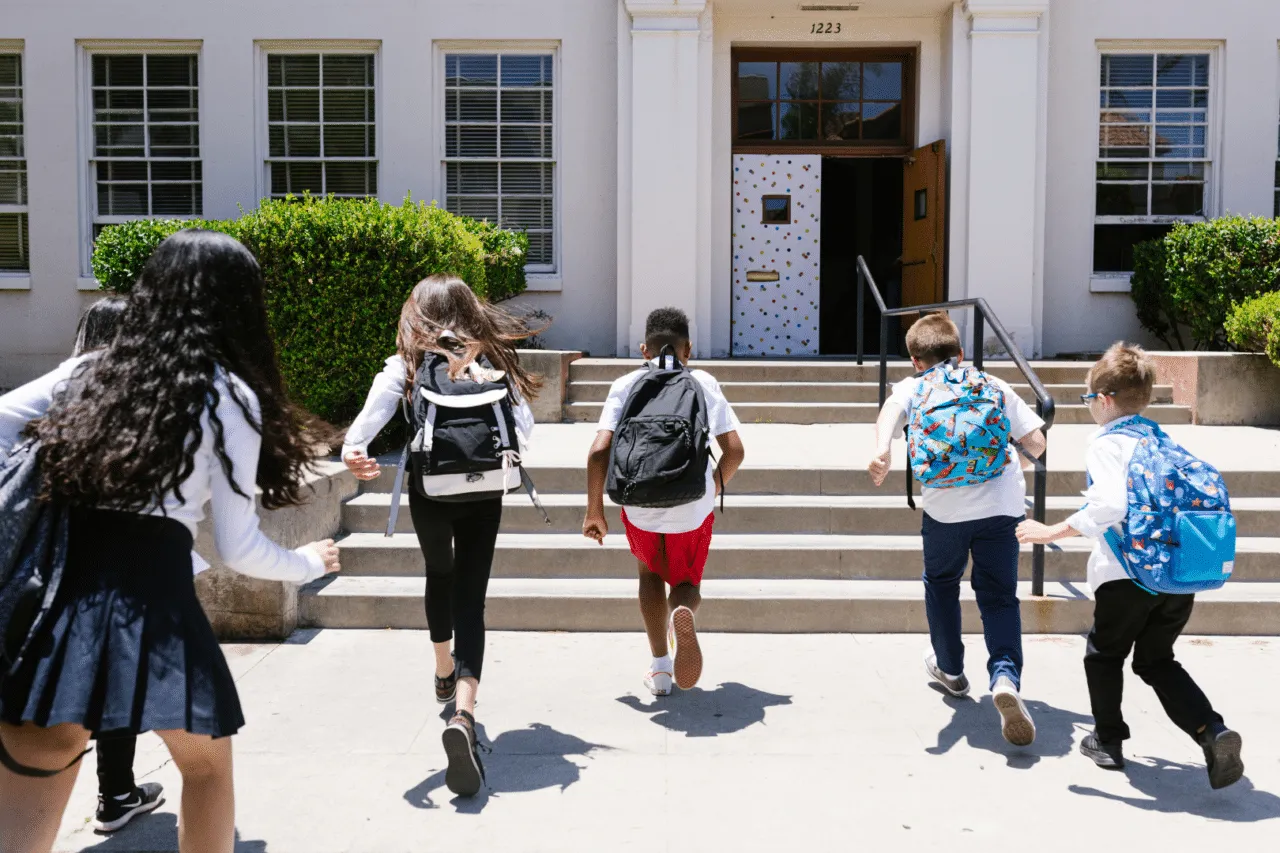Book Review: For Black Girls Like Me
Book Review: For Black Girls Like Me
Mariama J. Lockington’s “For Black Girls Like Me” is a master class in revealing the dichotomy of being an adopted person of color raised by white parents. It took me on an emotional journey from start to finish, searching for the language to accurately depict this poignant piece of work. Layer upon complicated layer revealed a truth many are unwilling to admit: adoption is messy.
Makeda, better known as Keda, is 11 years old and was adopted. Her parents and older sister are white, and she is black. The book begins with the family making a cross-country move for her father’s job, which means Keda must leave behind her best friend, who was also adopted. Life in their new home is challenging, and Keda finds it difficult to make connections in her new school as she experiences microaggressions and blatant racism from several classmates.
Keda and her sister, Eve, often find themselves on the receiving end of their mother’s discontentment with the direction her life is headed. Another major theme of this book is mental health, which the girls’ mother struggles with daily. The parent/child roles are often reversed as Keda worries over her mother’s health and sometimes erratic behavior.
Thoughts of her birth mother fill Keda’s mind. She says, “I want her here. And I don’t. I want to crawl in her lap. And I want to push her away.” Two different things can be true, and Lockington holds space for that in this book. I am sure many readers—especially adoptees—can empathize with Keda’s very same thoughts and feelings.
Beauty and brokenness are woven throughout each page of this book, just as they are woven throughout each adoption story. Lockington knows this to be true, as she is an adoptee. That is why the words are so authentic and raw. Keda was created from a place of lived experience, making this book the treasure it is.
Affiliate Link Disclosure: This web page contains affiliate links which means at no cost to you we will receive a small commission when you click and purchase a book through the link provided above. We only share resources we know and trust will give our viewers valuable information.
